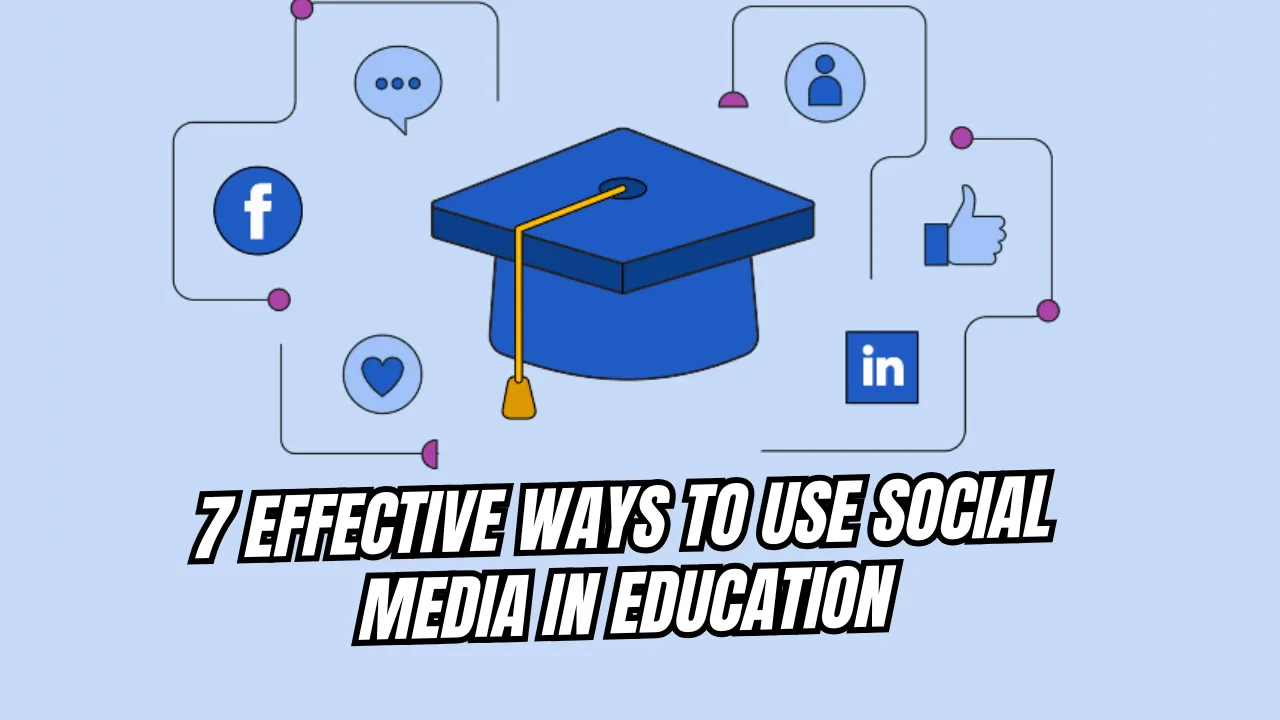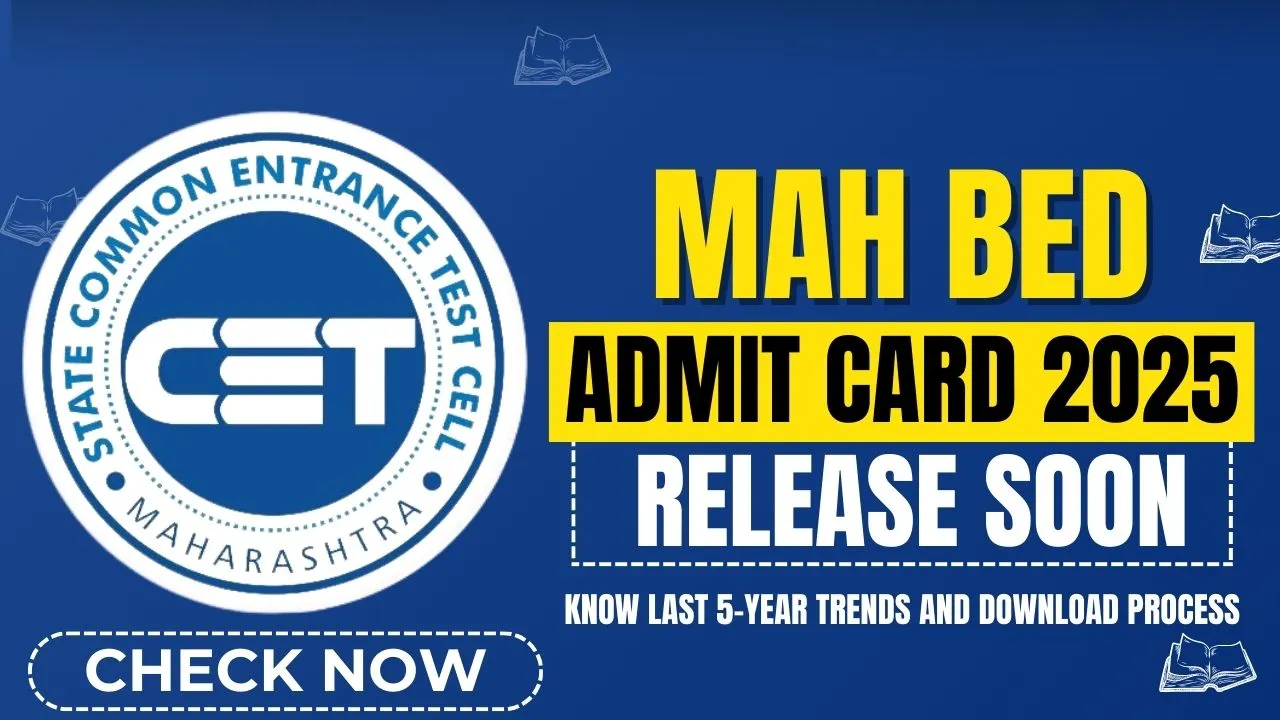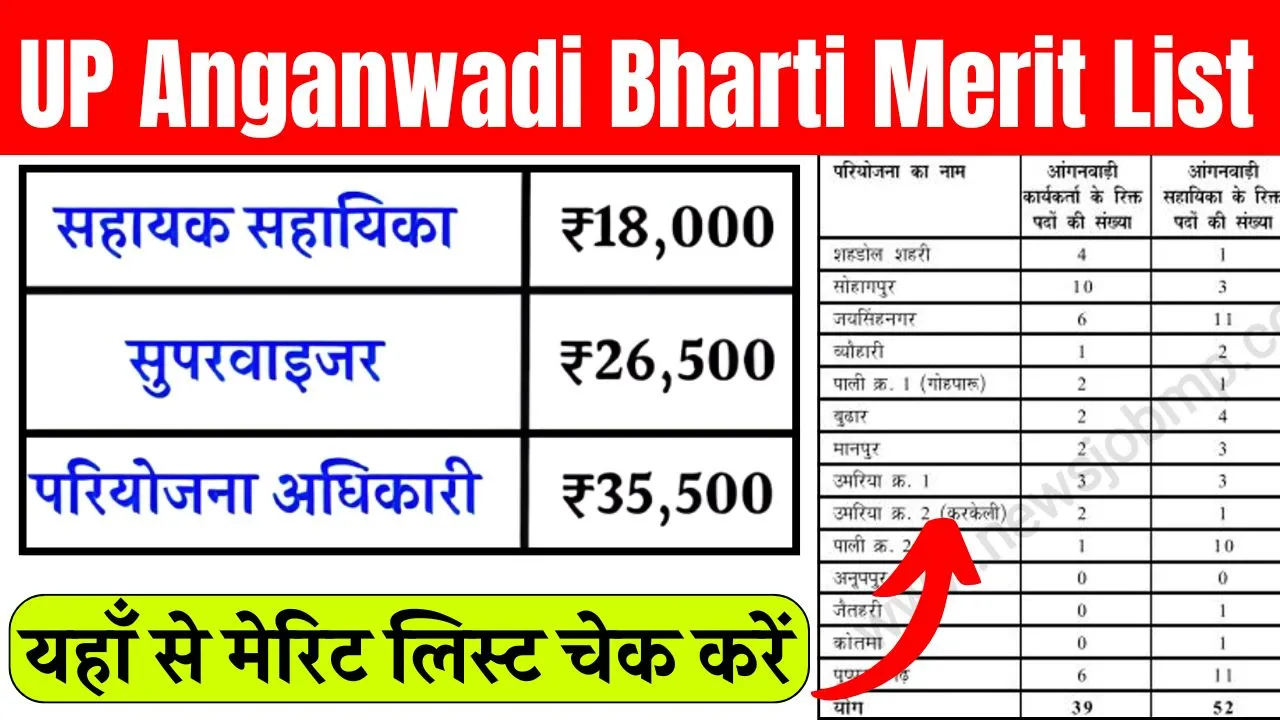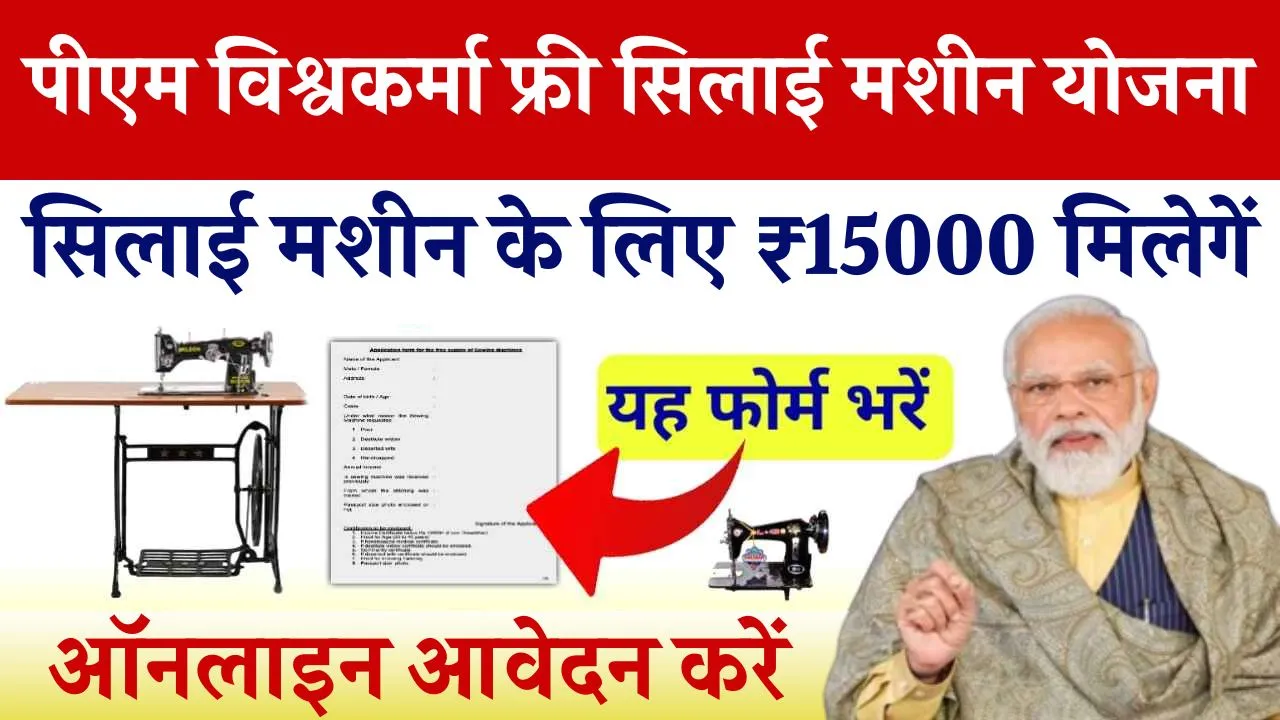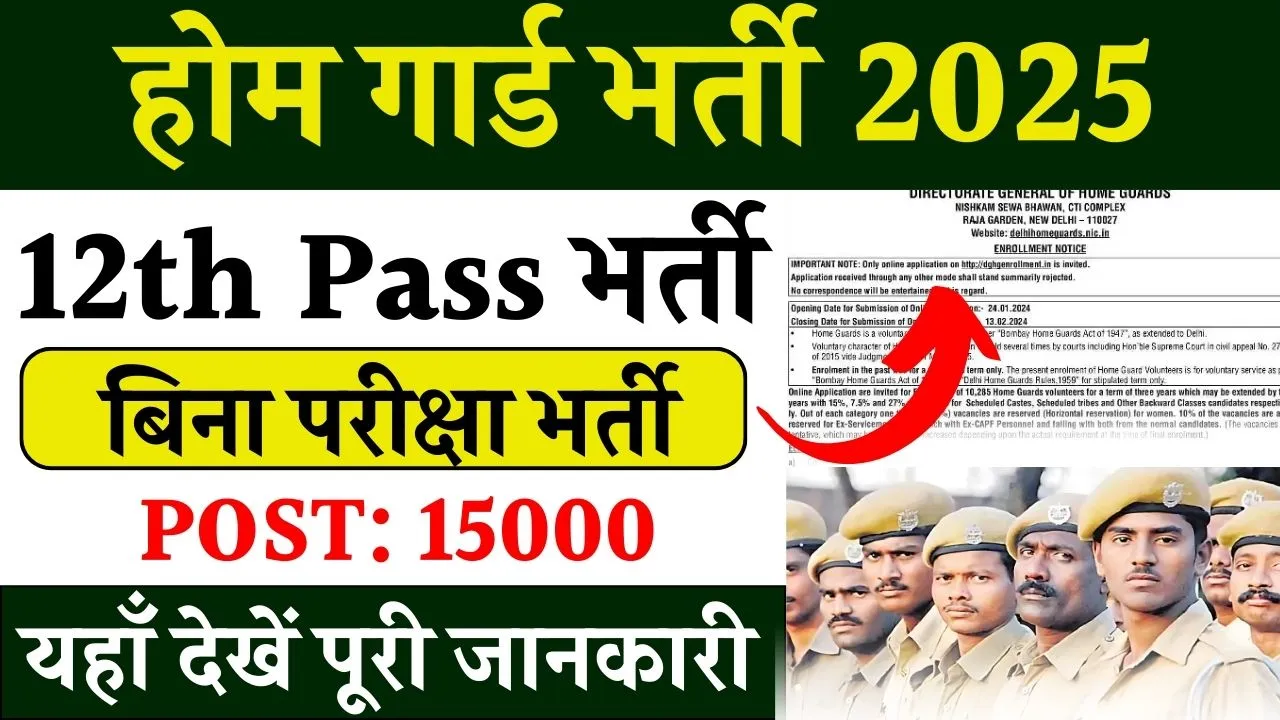In today’s digital world, the role of social media extends far beyond entertainment and casual communication. One of the most impactful areas where it has made a difference is education. Social media platforms have opened up new avenues for learning, collaboration, and professional growth. Whether you are a student, teacher, or lifelong learner, integrating social media into your educational journey can help you access unlimited resources, connect with experts, and stay updated with the latest trends—all in real time.
In this article, we will explore 7 Effective Ways To Use Social Media In Education, highlighting how each method can be used to enhance learning experiences. From building professional connections to participating in educational communities, here’s how social media can be a powerful tool in modern education.
Exploring the Effective Ways To Use Social Media In Education
Understanding the Effective Ways To Use Social Media In Education can open doors to interactive and accessible learning like never before. Social media is no longer just a space for social interaction—it has evolved into a dynamic educational environment. By integrating platforms like LinkedIn, YouTube, Twitter, and Reddit into academic routines, students and educators can easily access real-time information, collaborate with global peers, and develop new skills outside traditional classrooms. These platforms offer practical tools for networking, content sharing, mentorship, and participation in learning communities, making education more engaging and personalized for every learner.
Effective Ways To Use Social Media In Education: Overview Table
Here’s a table summarizing the key ways social media platforms can be utilized effectively in education:
| Method | Details |
| Professional Networks | Use LinkedIn to build connections and find mentorship |
| Information & Debates | Follow experts and join discussions on Twitter |
| Video-Based Learning | Access tutorials, lectures, and instructional content on YouTube |
| Online Community Participation | Engage in learning groups on Facebook, Reddit, LinkedIn |
| Following Educational Institutes | Stay updated with universities, research centers, and ed-tech firms |
| Participation in Competitions | Join contests to test skills and improve learning |
| Information Curation | Organize resources using Pinterest, bookmarks, and saved posts |
Professional Networks – Building Industry Connections
One of the most effective ways to use social media in education is by leveraging professional networking platforms like LinkedIn. LinkedIn allows students and professionals to connect with educators, industry leaders, and mentors across the globe. It offers a space to share achievements, gain career advice, and stay informed about new opportunities in your field.
By following influential professionals, participating in discussions, and joining relevant groups, learners can expand their professional circle. Connecting with alumni or industry experts can also lead to mentorship opportunities, internships, or even job placements.
Information & Debates – Learning Through Engagement
Platforms like Twitter are excellent for quick access to information, expert opinions, and trending topics in various educational fields. Following thought leaders, educators, and institutions allows students to stay current on developments, research, and global conversations.
One key benefit of using Twitter is the ability to engage in debates and discussions. Through hashtags, live chats, and question threads, students can participate in meaningful exchanges of ideas, enhancing their critical thinking and communication skills.
Video-Based Learning – Visual and Interactive Education
For learners who prefer visual content, YouTube is a goldmine of educational material. Many renowned educators, subject matter experts, and institutions upload lectures, tutorials, and explainer videos covering a wide range of subjects.
Platforms like YouTube not only make complex topics easier to understand but also allow for flexible learning. Students can learn at their own pace, revisit lessons, and find content tailored to their preferred learning style. Influencers like Neil deGrasse Tyson and Ali Abdaal are perfect examples of how informative video content can effectively contribute to education.
Online Community Participation – Joining Educational Groups
Another powerful strategy in the list of effective ways to use social media in education is participating in online learning communities. Platforms such as Facebook, Reddit, and LinkedIn host numerous groups dedicated to specific subjects, career fields, or skills.
These communities encourage knowledge-sharing, collaboration, and problem-solving. Students can ask questions, share resources, and receive feedback from peers and experts worldwide. Being part of such groups helps create a support system that fosters continuous learning and networking.
Following Educational Institutes – Staying Updated
Social media also provides direct access to updates from universities, research centers, and ed-tech companies. Most prestigious educational institutions maintain official profiles on platforms like Twitter, LinkedIn, Instagram, and Facebook, where they share news about courses, research breakthroughs, workshops, and scholarships.
By following these pages, students can stay informed about new educational programs, enrollment deadlines, academic events, and learning opportunities. This is an efficient way to remain connected with formal education channels outside the classroom.
Participation in Competitions – Testing and Improving Skills
Competitions and contests are excellent ways to apply and test what you’ve learned. Social media platforms frequently host or promote educational challenges in areas like coding, writing, design, and public speaking.
Participating in such competitions helps students sharpen their skills, gain recognition, and boost their confidence. Platforms like LinkedIn and Facebook often advertise hackathons, essay competitions, and virtual quizzes that encourage practical learning and problem-solving abilities.
Information Curation – Organizing Educational Resources
With so much information available, organizing and storing useful content becomes essential. Tools like Pinterest, social media bookmarks, and “Save” features on platforms like Facebook and Twitter allow students to curate and manage valuable educational materials.
By creating subject-specific boards or folders, learners can keep track of tutorials, articles, videos, and research papers for future reference. This practice not only helps in better resource management but also ensures easy access to information when needed.
FAQs About Using Social Media in Education
1. Which is the best social media platform for professional networking in education?
LinkedIn is the most effective platform for building professional connections, finding mentorship, and accessing career-related content.
2. How can I use social media to stay updated on educational news?
Follow official pages of universities, ed-tech firms, and research organizations on platforms like Twitter, LinkedIn, and Facebook for real-time updates.
3. Is YouTube a reliable source for educational content?
Yes. Many verified educators and institutions publish high-quality, well-researched videos that are helpful for learners.
4. Are online educational groups on social media worth joining?
Absolutely. Groups on Facebook, Reddit, and LinkedIn provide valuable discussions, resources, and networking opportunities for students and professionals.
5. How does participating in competitions help in education?
Competitions encourage practical application of skills, foster problem-solving abilities, and offer recognition that can enhance a student’s profile.
Final Thought
Social media has transformed the way we access and share knowledge. By using the 7 Effective Ways To Use Social Media In Education, students and educators can unlock endless opportunities for learning, collaboration, and professional growth. Whether it’s joining a study group, watching a tutorial, or networking with experts, social media offers something valuable for everyone in the educational space.
Have you used social media to improve your learning experience? Share your thoughts in the comments and let others know your favorite educational platform!
